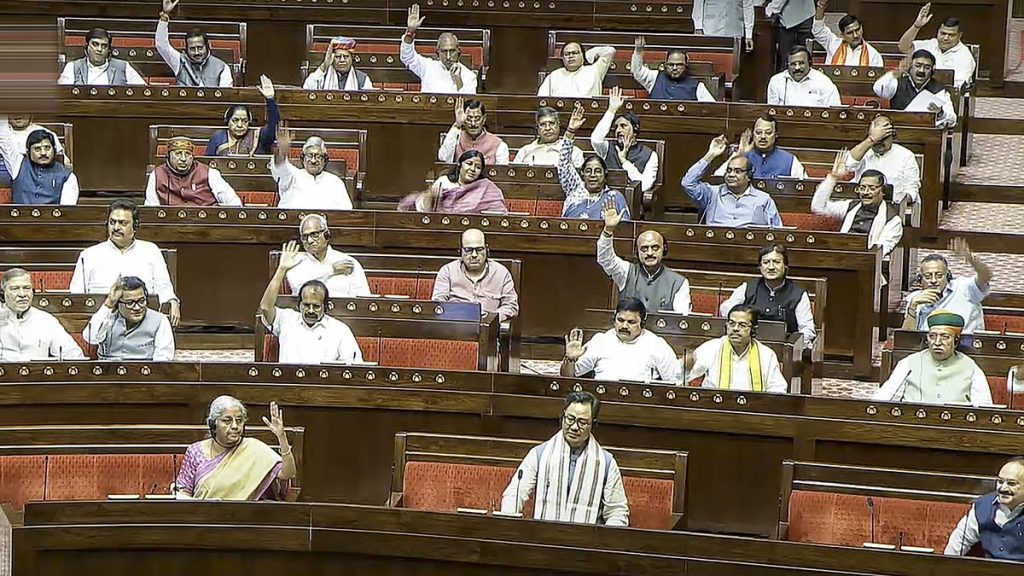Now Reading: New Jersey Secures Record $2B Settlement from DuPont Amid PFAS Rollbacks
-
01
New Jersey Secures Record $2B Settlement from DuPont Amid PFAS Rollbacks
New Jersey Secures Record $2B Settlement from DuPont Amid PFAS Rollbacks

Quick Summary:
- New Jersey has announced a $2 billion settlement with DuPont and its affiliated companies for widespread PFAS contamination at four industrial sites.
- The agreement includes an $875 million payout over 25 years, up to $1.2 billion in cleanup costs, and the creation of reserve funds worth $475 million to ensure financial duty.
- The deal is touted as the largest environmental settlement ever achieved by any U.S. state.
- The affected sites have been polluting as the late 1800s,originally as explosive manufacturing locations later expanding into chemical production.
- PFAS, also known as “forever chemicals,” are hazardous substances linked to diseases such as cancer and hormonal issues due to their inability to break down in nature or human bodies.
- This legal battle follows a complaint filed by New Jersey in 2019 holding DuPont accountable for decades-long contamination impacting drinking water supplies and natural resources.
- New Jersey has been proactive in setting PFAS regulations,including establishing drinking water standards ahead of federal measures.
- Previous settlements addressing PFAS contamination include $450M from 3M (May) and $393M from Solvay (2023).
- Federal actions under Trump’s second term have rolled back EPA deadlines on PFAS regulation compliance until 2031; these rollbacks have been criticized by environmental advocates.
Indian Opinion Analysis:
New Jersey’s historic settlement with DuPont underscores the growing role states play in addressing environmental concerns amidst fluctuating federal policies. With the rollback of federal EPA regulations on toxic “forever chemicals,” this deal symbolizes a meaningful stride forward in holding corporations accountable for long-term pollution that undermines both public health and ecological balance.
India could draw lessons from such developments as industrial pollution poses similar risks domestically-especially given issues related to weak enforcement mechanisms when dealing with hazardous waste management. Such comprehensive settlements not only ensure corporate responsibility but also protect taxpayers from bearing clean-up costs. Moreover, establishing stringent regulatory frameworks akin to new Jersey’s proactive approach could set significant precedents within India’s environmental governance systems.
Public participation through comment periods, as planned here before finalizing this agreement legally, could further strengthen accountability-a concept that resonates globally for inclusive policymaking strategies on public health crises like pollution.Read More

























